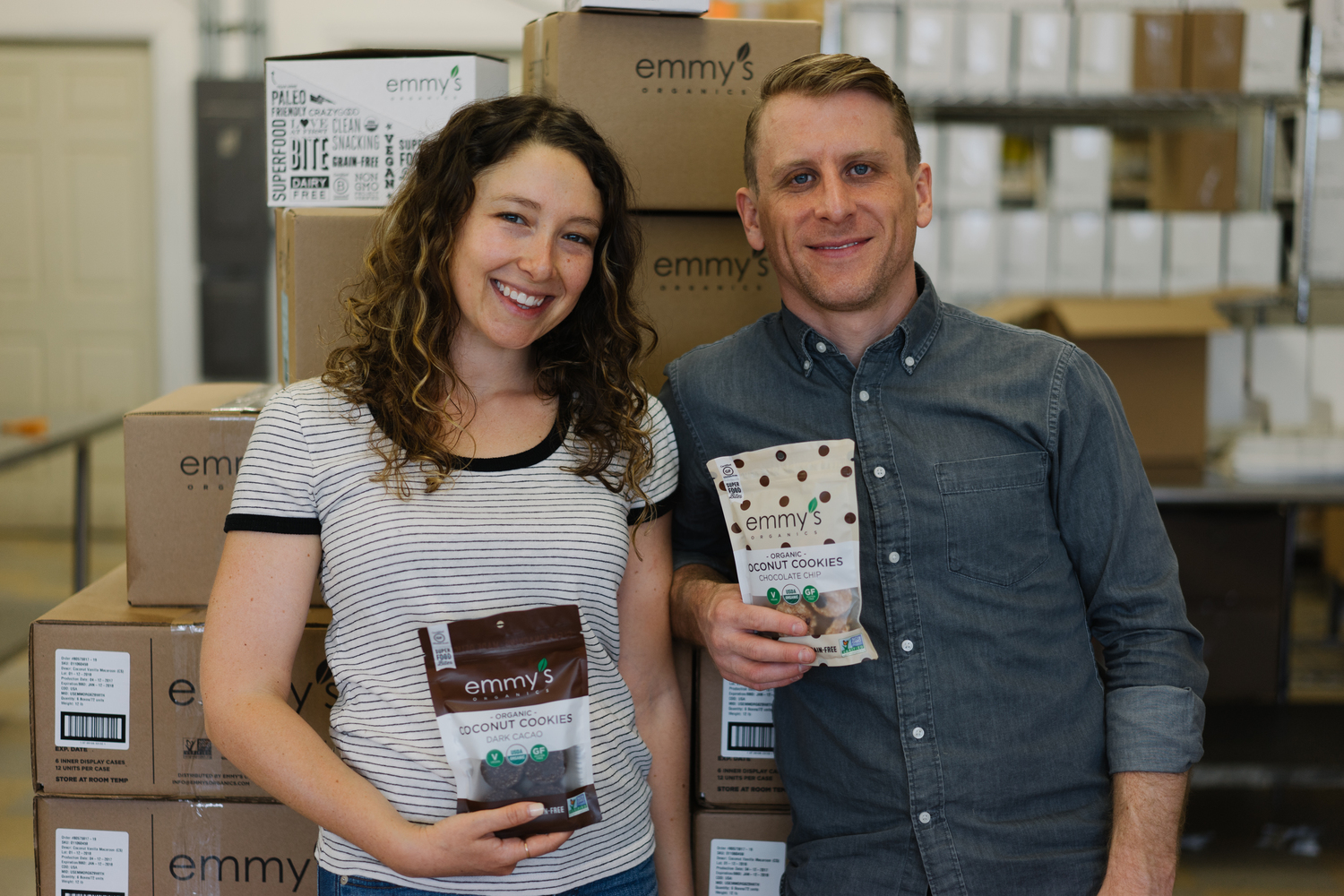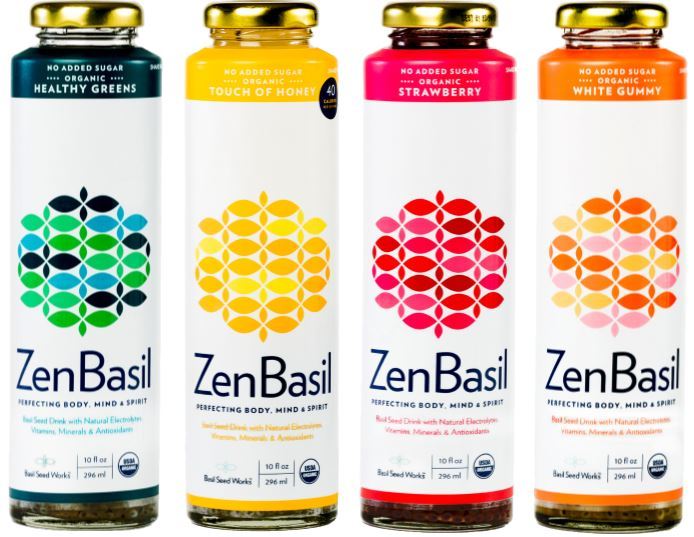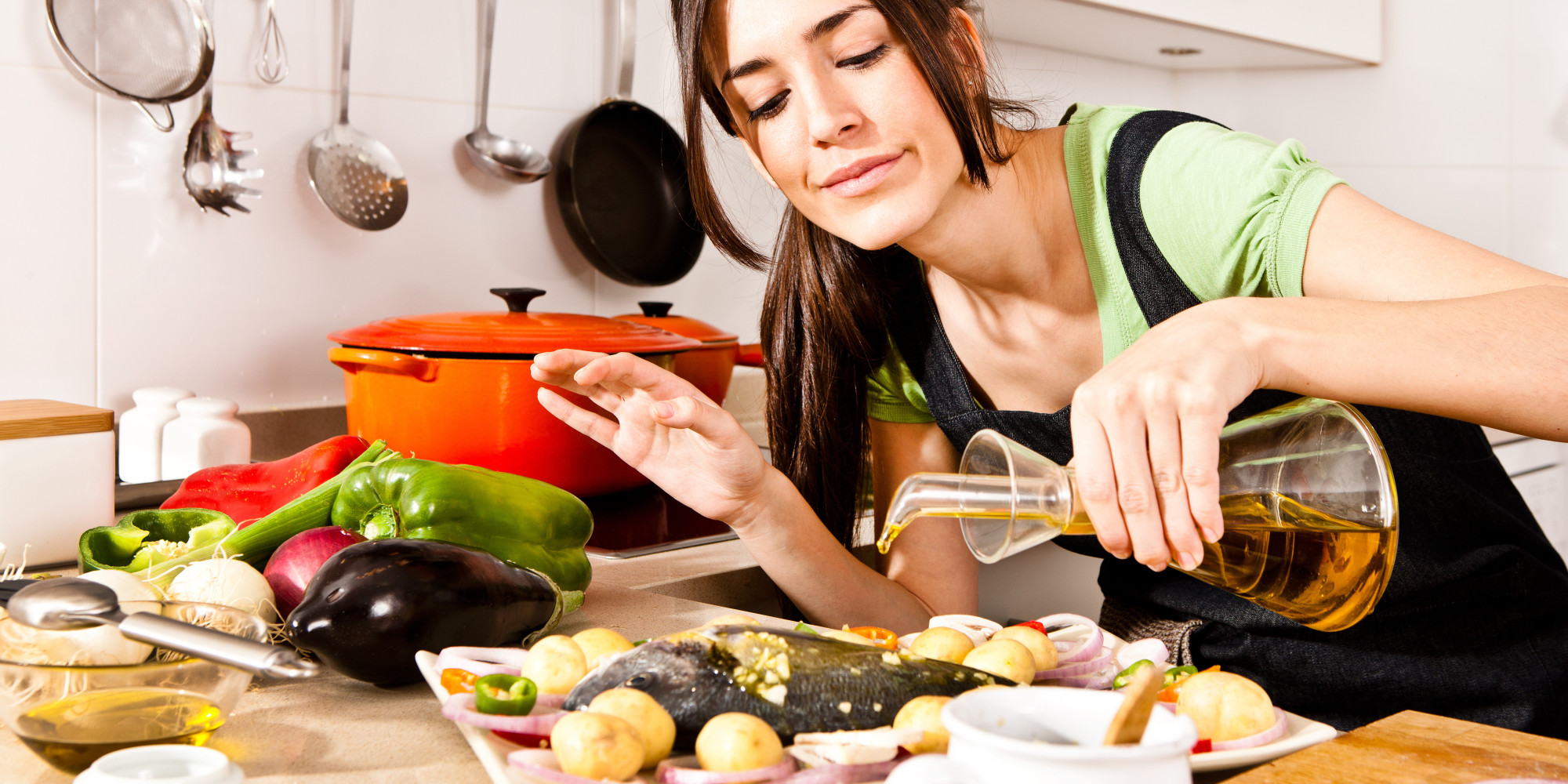Amid endless aisles of protein-infused popcorn, bio-dynamic apple sauce, microbes and probiotics for the skin, and oven-cooked crickets, we noticed something quite remarkable about many of the budding food entrepreneurs at this year’s Natural Foods Expo East event in Baltimore, MD.
Unlike the finance, technology, or real estate industries, the food industry is welcoming more female founders to its ranks than ever before. We sat down with six remarkable women creating consumer brands on a mission to make the world a healthier place.
Julie Fox of Julie’s Real
In December of 2015, Julie Fox’s husband was diagnosed with Barrett’s Esophagus. To manage his symptoms and prevent the disease from becoming worse, Julie focused on changing their diets to eat healthier foods, omitting grains, dairy, processed food, and refined sugar, and adopting a Paleo diet.
“I didn’t want him to feel like he was on a diet for the rest of his life,” said Julie, “So I began making him yummy nut-based snacks like almond butters and cashew butters, and grain-free granolas in re-sealable snack-packs.” Shortly after, their company Julie’s Real was born!

What are the major challenges of starting a food business?
“Patience,” says Julie. “The food business requires a lot of patience!”
What are the biggest opportunities today for other women who want to start food businesses?
“Owning a start-up food business requires you to be completely hands-on,” says Julie. “You spend every hour of every day planning, strategizing, meeting, marketing, and it’s incredibly rewarding. Watching something you create in your kitchen grow to be a successful product at a store like Whole Foods is amazing! To not just build something from nothing, but to build something GREAT from nothing …that’s an opportunity in itself!”
Samantha Abrams of Emmy’s Organics
Another food business that was launched with love includes Samantha Abrams, the founder of Emmy’s Organics. She was first inspired to start the company when her partner, Ian, taught her his secret coconut cookie recipe — a clean treat that worked with his food allergies.

At first, Samantha simply wanted to share it with their community because it was so unique. Now, Emmy’s Organics is sold online and nationwide, and you’d be hard-pressed not to run into these delicious guilt-free cookies on your next shopping trip.
What are the major challenges of starting a food business?
“In the beginning, it was understanding how retailers and distributors function,” says Samantha. “Now, the challenges come in many different forms: from strategy to fulfillment to sourcing ingredients. There are always challenges!”
Rachel Geicke of Snow Monkey
While at university, Rachel Geicke and her now co-founder were college athletes and therefore were quite mindful about their personal nutrition — until it came to dessert, especially ice cream.
“We would indulge in ice cream, then feel guilty about it and sick (we’re both lactose intolerant),” says Rachel. “So, we started making our own healthier version for personal consumption.”
Many batches later, after friends and teammates began begging for more, they named their recipe and later their company, Snow Monkey and set out on a mission to revolutionize the frozen dessert aisle.

What are the major challenges of starting a food business?
“First, financially, food businesses have high overhead for ingredients, production, distribution, and labor,” says Rachel. “When we first started, all of those expenses had to be paid upfront. No one wanted to give us credit terms. To add to the challenge, we didn’t benefit from any price breaks because our production volume was very low.
Secondly, distribution. Getting Snow Monkey into its first ten stores was incredibly hard. I had to drive around Los Angeles and do sales pitches to buyers at small local groceries.”
Once Rachel convinced LA’s local grocers, it was easier to grab the attention of smaller chains, and eventually Whole Foods and Wegman’s.
“Obtaining shelf space is half the battle,” she says. “Then comes the challenge of ensuring your product sells well otherwise your products are discontinued.”

What are the biggest opportunities today for other women who want to start food businesses?
One of the biggest opportunities for female entrepreneurs, and female founders in general, is each other. Women tend to build supportive and nurturing communities and frequently go out of their way to help one another,” she says.
Robyn Shapiro of Seek
After years of frustration with the global food system, Robyn Shapiro created cricket-based food brand Seek in summer 2016. She learned about the potential of crickets as a protein source and was inspired to create snacks to help ease people into this new idea. Today, Seek blends sustainable cricket protein with familiar ingredients into everyday products, such as their delicious cinnamon almond granola.

What are the major challenges of starting a food business?
“Getting people to eat bugs!”
Danielle Hunter of The Real Coconut
For Daniella Hunter, a holistic food innovator, hotelier, and restaurateur, starting a food business was a very natural progression.
“We built a hotel and needed a restaurant to feed our guests!” she says.
Turns out, the guests really enjoyed her food and then even non-hotel guests would come to eat at her Tulum-based restaurant The Real Coconut. It wasn’t long until the world asked them to bring their restaurants and the food, to the US and beyond!

What are the major challenges of starting a food business?
“While I am sure there are many, most of my business developed organically,” says Daniella. “Perhaps it’s because I never really felt that I was setting out to start a food business! It simply began from the hotel, then the restaurant, and before I knew it, we were making chips and tortillas and selling them nationally!”

What are the biggest opportunities today for other women who want to start food businesses?
“The movement towards clean eating, and niche food products is extensive so there is a huge amount of opportunity. I would start by really honing in on the concept, the recipe, and then the brand. There is a lot of support for women run businesses, especially if the product is great and there is a solid management team.”
Shakira Niazi of Basil Seed Works
As an Afghan refugee who was later raised and educated in the U.S., Shakira Niazi’s path to food entrepreneur is far from common. After 15 years in the banking industry, she found herself wanting to create more impact on the world at large, which led her to develop VITÁ Water in 2011, which is now sold in over 1,000 locations and has helped build 50 clean water projects in 10 different countries, providing safe water to over 50,000 people.
Now, Shakira is onto her next big thing: Basil Seed Works, an organic basil seed product line that features the forgotten superfood and powerful adaptogen. Launched in summer 2017, her first product, Zen Basil is now sold in 150 Bay Area stores. The drink is loaded with natural sources of fiber, vitamins, minerals, and antioxidants and has a similar texture to drinking water with chia seeds.

What are the major challenges of starting a food business?
“First is access to capital,” says Shakira, “Which limits our ability to enter new markets. Producing small batches of anything is costly and getting your product on the shelf of retailers requires expensive distribution. When I started VITA water, I was told that I’d need $5 million to roll out distribution alone. Well, I did it with way less! Boot-strapping works, especially when the product is really good and word of mouth works well.”
What are the biggest opportunities today for other women who want to start food businesses?
“Women control over 80% of purchasing power for consumer products. In most cases, we are the main shoppers, moms, and care givers. So, while we may not have the distribution or retailer experience, we’ve been around the kitchen and our love and passion for real food is our biggest opportunity! I also believe that women tend to lead with our hearts therefore women are more likely to create purposeful products with integrity that are actually really good for us,” she says.

Founder Shakira Niazi on a return trip to her homeland in Afghanistan
Throughout history, women have always had authority in the kitchen as well as in the grocery store as the primary shopper for most households.
Now, more than ever, you’re seeing a new generation of brilliant women creating food businesses at scale that are changing the way entire nations eat and think about nourishment.
Have a woman in your life who’s keen to start a food business? Share this article with her and get in touch with the author at [email protected] if you have any questions!


